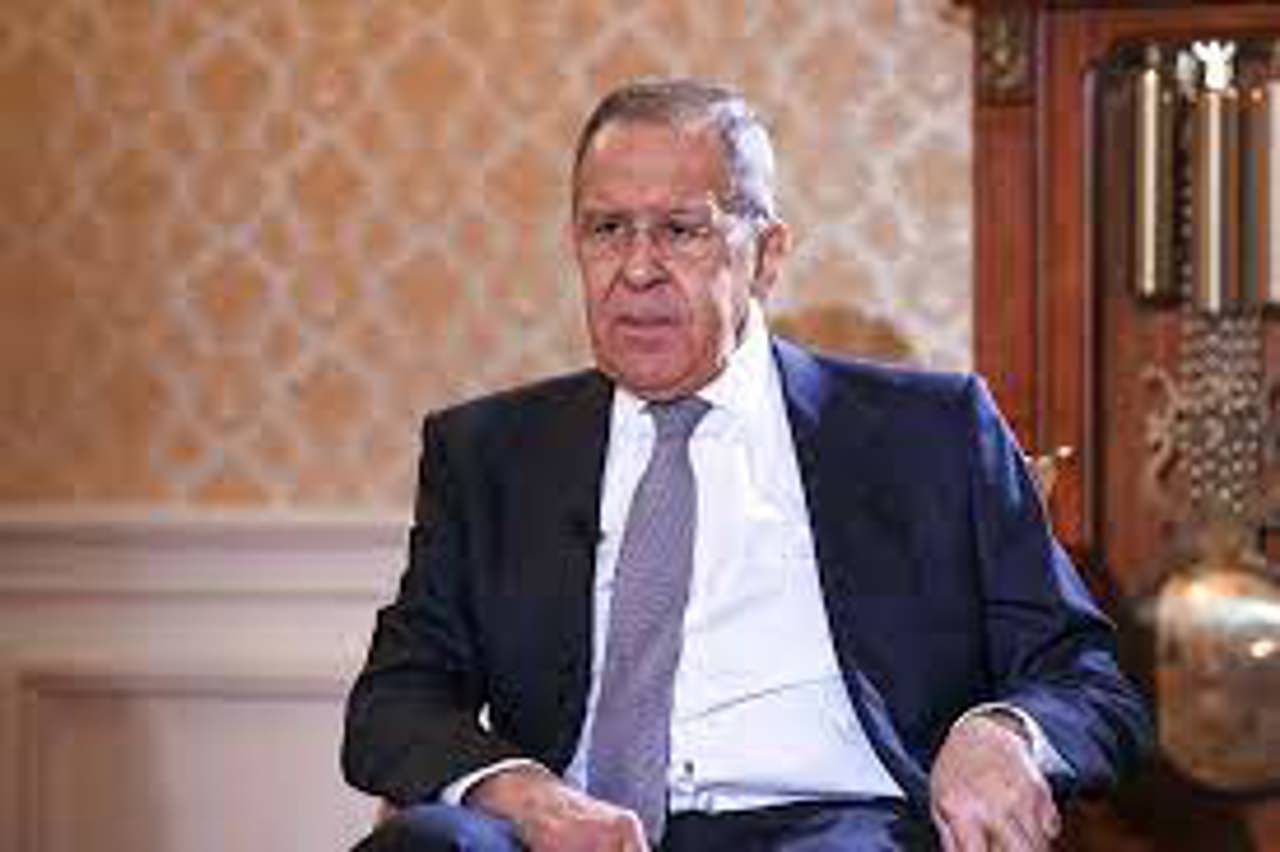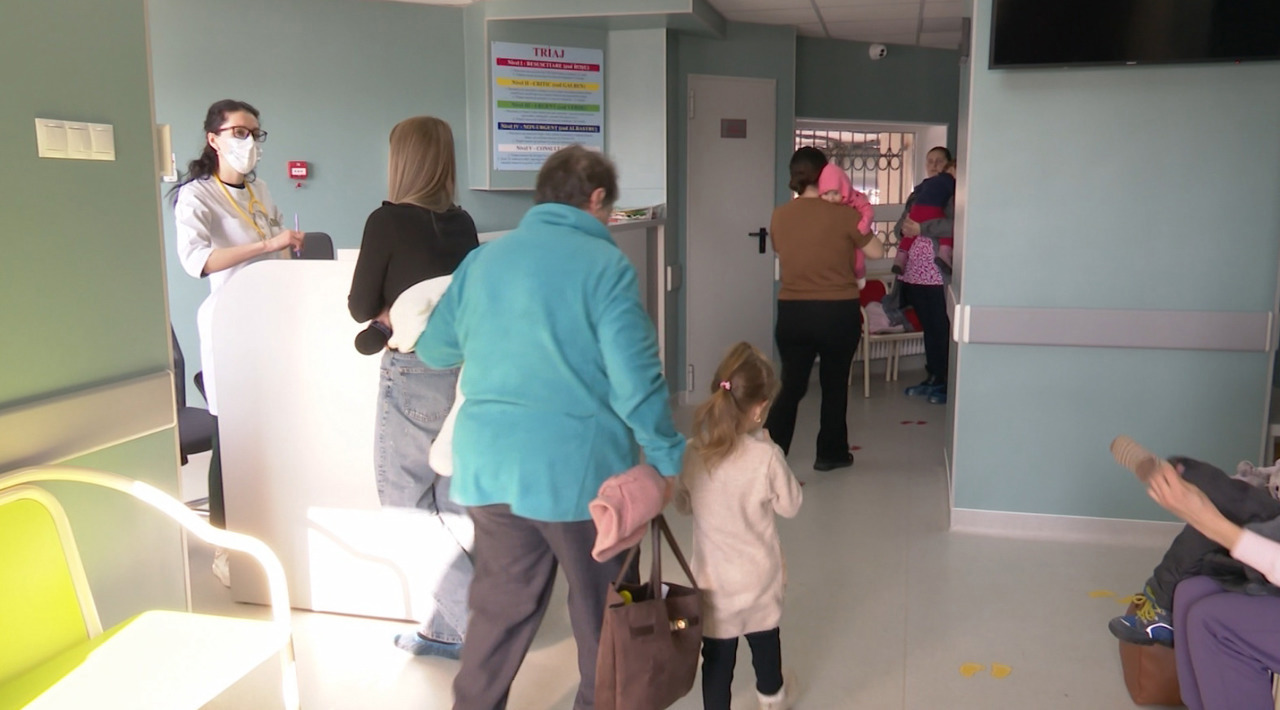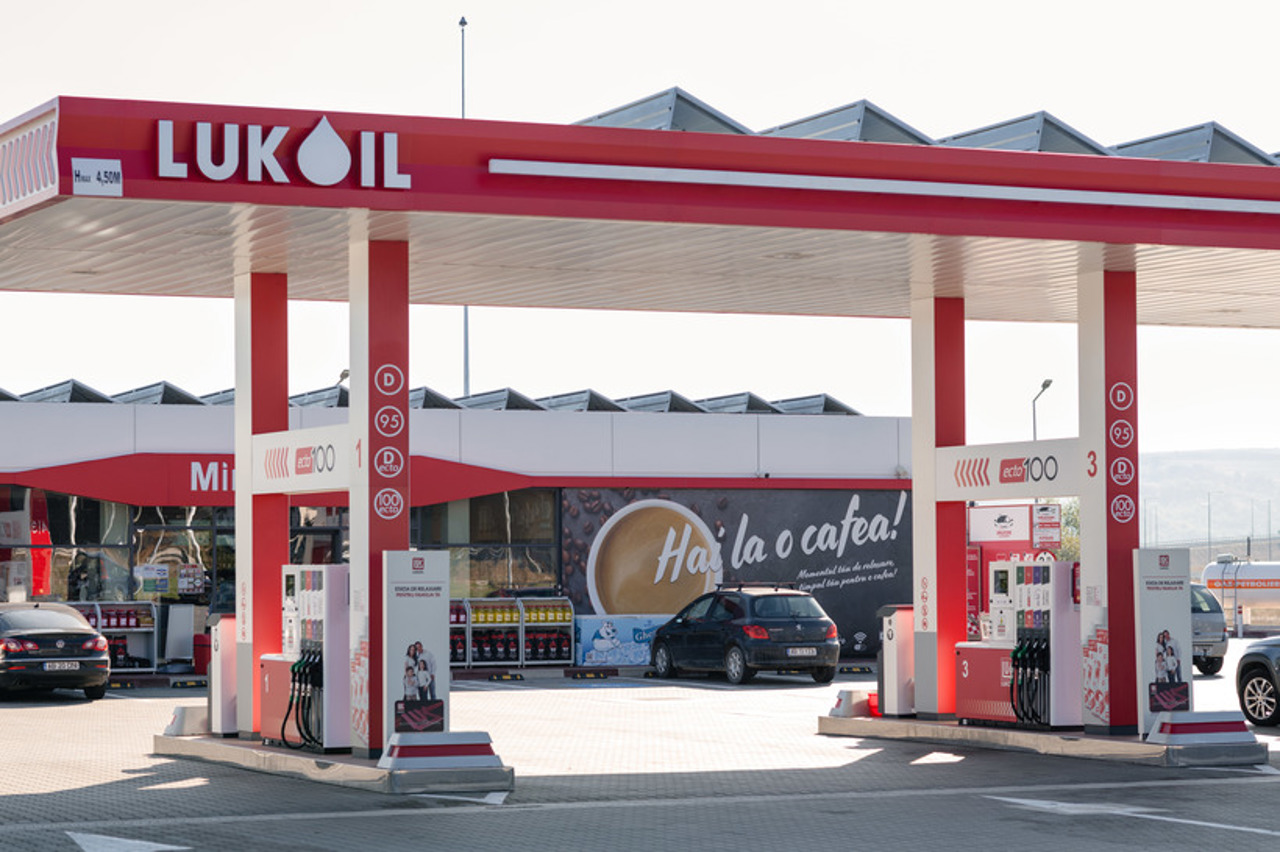Serghei Lavrov denies Maia Sandu's statements according to which Russia is preparing a coup in the Republic of Moldova
The Russian Foreign Minister, Serghei Lavrov, denies President Maia Sandu's accusations that Russia is preparing a coup d'état in the Republic of Moldova, a plan that would have been debunked with the help of the Kiev authorities. The Chisinau authorities have not yet commented on the statements of the Russian official.

The Minister of Foreign Affairs of the Russian Federation, Serghei Lavrov, claims that the current government in Chisinau does not represent the interests of the citizens of the Republic of Moldova, and by the statements of the president Maia Sandu on Monday, according to which Russia is preparing a "coup d'état" in our country , the current power in Chisinau would like to distract citizens from the problems they face. "We observe a maniacal desire of Kiev, but also of their puppeteers, primarily from the European Union who want to weaken Russia's positions in the "5+2" format, which deals with the Transnistrian settlement. They want to reduce our relations with Gagauzia and declare the Russian Federation guilty of all the evils in the Republic of Moldova. They want to demand the evacuation of our peacekeepers, the soldiers guarding the enormous ammunition depots at Cobasna. Kiev has an interest in this anti-Russian rhetoric gaining momentum, by transmitting confidential information about the alleged provocations or coups that we would like to organize in the Republic of Moldova". Contacted by phone by Radio Moldova, the spokesperson of the Ministry of Foreign Affairs from Chisinau, Daniel Vodă, stated that they will return with a comment later. We remind that, on Monday, Maia Sandu declared during a briefing that Russia would have a plan to "change the legitimate power in Chisinau with an illegitimate one". The plan, which would have been intercepted by the Ukrainian secret services and transmitted to Chisinau, would involve attacks on state institutions with hostage-taking, disguised as opposition protest actions. The violent actions would have involved "saboteurs with military training, camouflaged in civilian clothes" and people from outside the country, in particular from Russia, Belarus, Serbia and Montenegro.






